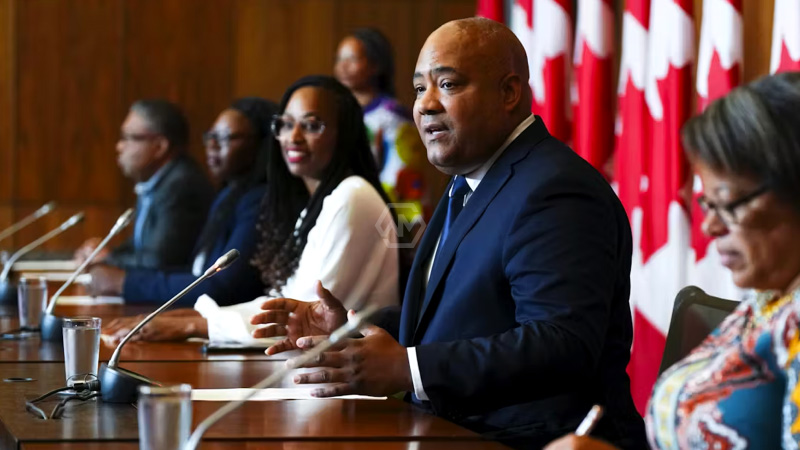- Only 20 Black Canadians have ever been elected to the House of Commons, highlighting historical underrepresentation.
- New research by Carleton University and Operation Black Vote Canada documents Black political participation and barriers.
- Social media can foster cross-border engagement, as seen in a Nanaimo resident’s viral campaign inviting Americans to visit.
Black Canadians’ presence in politics has long been overshadowed, with systemic barriers and a lack of historical documentation limiting their representation. The Black on the Ballot research provides a crucial look at how Black Canadians navigate political candidacy, often entering at the municipal level where fewer barriers exist.
Beyond politics, grassroots initiatives like the Nanaimo movement demonstrate how digital platforms can drive real-world engagement.
Breaking Barriers: The Political Journey of Black Canadians
Over the past two decades, more than 380 Black Canadians have run for office at various levels, but federal representation remains scarce. Despite high levels of education and professional experience, Black candidates still face systemic challenges. The municipal level has been the most accessible entry point, but political gatekeeping at higher levels continues to hinder progress.
Motivations for running vary, but many Black candidates cite the importance of representation and addressing policy gaps as key drivers. However, gender dynamics play a role—more Black women require external encouragement to run compared to their male counterparts, indicating the need for better support structures.
Social media has emerged as a powerful tool for political engagement and cross-border solidarity. The viral Nanaimo initiative showcases how digital activism can translate into real-world action, with thousands expressing interest in visiting Canada as a show of support. This highlights the growing role of online platforms in shaping community-driven movements.
The broader impact of such initiatives suggests that civic engagement isn’t confined to politics alone. When traditional systems fall short, individuals and communities find innovative ways to foster dialogue and connection, proving that representation and engagement go beyond electoral offices.
Black Canadians continue to navigate political and systemic challenges while finding ways to amplify their voices. Whether through formal political participation or grassroots digital activism, their efforts underscore the importance of representation and cross-border solidarity in shaping inclusive societies.
“If they don’t give you a seat at the table, bring a folding chair.” — Shirley Chisholm



